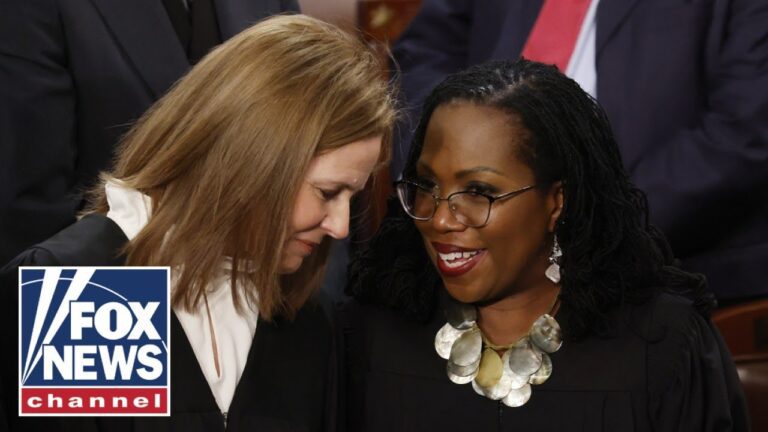Video at the bottom!
In a recent discussion, John highlighted a significant Supreme Court ruling that allows President Trump to move forward with policies previously stalled by federal judges’ nationwide injunctions. Jonathan Fahey, a former federal prosecutor and deputy assistant secretary at the Department of Homeland Security, emphasized that the court’s decision was a substantial victory for the Trump administration, pointing to what he deemed judicial overreach by lower courts. Fahey argued that these nationwide injunctions exceeded judicial authority and should be limited to specific cases.
The conversation shifted to Attorney General Pam Bondi, who noted that a majority of injunctions against Trump’s executive authority came from liberal jurisdictions. Fahey agreed with her perspective, criticizing the idea that a president should seek permission from district judges to enact their agenda, emphasizing the importance of allowing the executive branch to function without such hurdles.
The discussion also touched on a striking exchange among the justices during the deliberations. Justice Ketanji Brown Jackson’s dissent argued that allowing the executive branch to ignore the law undermines the judiciary’s role. In response, Justice Amy Coney Barrett’s rebuttal highlighted the need to limit judicial power over the executive. Fahey interpreted the discourse as indicative of broader ideological divides on the court, with Barrett and the conservative justices dismissing Jackson’s perspective as politically motivated rather than grounded in judicial principle.
Fahey concluded that this ruling not only benefits Trump but sets a precedent for future presidents, reinforcing the executive’s ability to implement their policies without undue interference from the judiciary. The exchange among justices reflected a significant ideological clash in contemporary legal interpretations, with implications for the separation of powers in the U.S. government.


